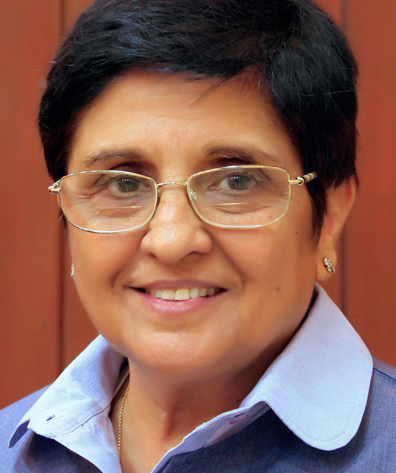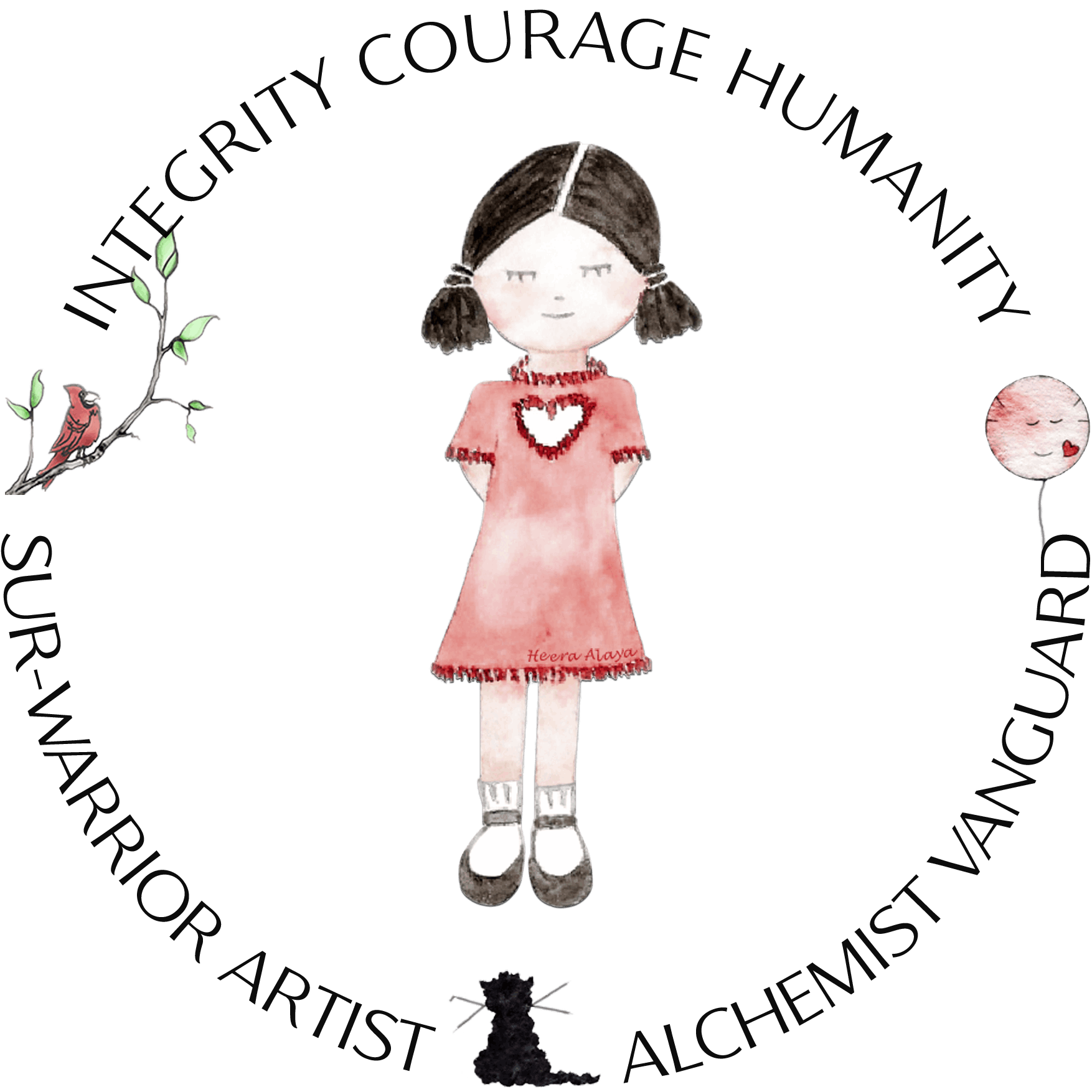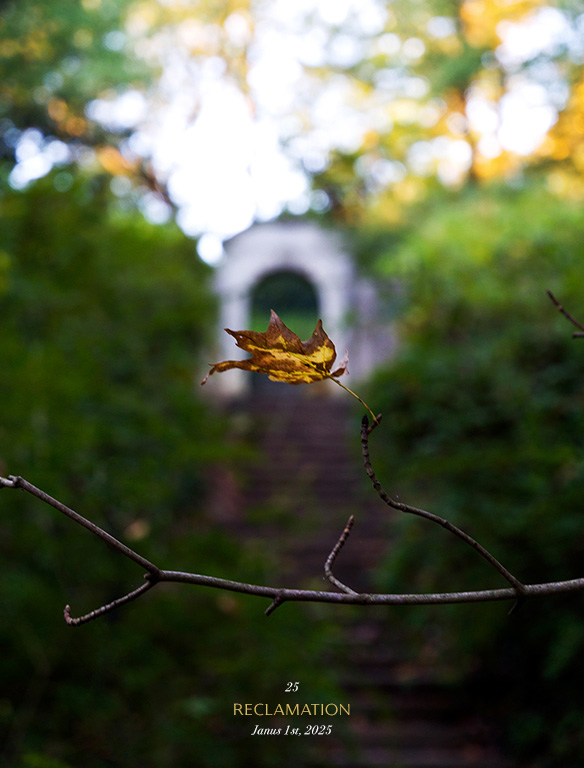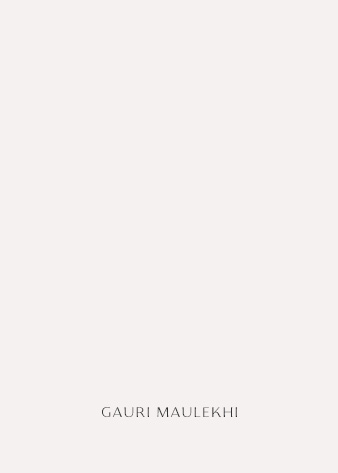
“For me, power
has been in alignment
with my inner being.
Power is not external;
it’s internal.”
DR KIRAN BEDI, IPS
Lieutenant Governor of Puducherry, IN
April 6th, 2017
OPEN WINDOWS | In Conversation
The meteoric rise of Dr Kiran Bedi, IPS (Retd), has taken her from the first woman to join the Indian Police Service (IPS) to Director General of the Bureau of Police Research and Development and from the first woman appointed as a Police Advisor to Secretary-General of the United Nations [Department of Peace Keeping Operations] to her current position as the Lieutenant Governor of Puducherry [a Union Territory in India]. Dr Bedi brings her conscience and self-policing framework into her professional command, bestowing us the right to exercise our voice and execute our conscience.
Heera Alaya: What were your childhood behavioural indicators that demonstrated your conscientiousness?
Dr Kiran Bedi, IPS: I recall never having to be told to work hard or do my homework or that I never needed to be watched to see if I was sincerely studying or playing.
What makes a child conscientious?
One is born with conscientiousness, and after that, it gets nourished as one grows up in an enriching environment.
How can environments—home, school and society—nurture conscience?
Primarily, the home and family [mould a child], then the school and friends (equally negatively too), as well as activities and the environment the child is placed in from time to time.
Children often wrestle with contradictory messages—discipline and accountability in school versus permissiveness and irresponsibility at home and in society. How can children retain their conscience in environments stripped of value?
It’s too much for a child at that nascent age to grapple with this contradiction. However, if the person is born with a strong sense of conscience, it could flourish as soon as the inhibiting factors weaken or surmount.
In addition to conscience, what factors mould a child positively?
Primarily the home and family, then the school and friends (equally negatively too), as well as the activities and the environment the child is placed in from time to time.
Is our brain chemistry affected by kindness?
Yes, surely, as well as other factors, such as violence or crude behaviour. Also, sanitation, whether the surroundings are clean or unhygienic.
How can schools tailor kindness as part of the curriculum?
[By sharing] Lots of stories, movies, books, examples, role-playing. Situations of pain and suffering must be felt, not just read, and reinforced by seeing and feeling.
I appreciate your statement on courage: “I grew in courage.” Can you share a specific way of life to explain what “growing in courage” means?
[To grow in courage] An environment of doing under watch with guidance. I was always encouraged to take small risks and decisions and inspired to speak up and believe in myself when I am in the right. Do not get overawed by rank, status, or shine; instead, trust in merit and righteousness. Go into competitive sports not to beat someone but to win for yourself and to keep raising your bar. Therefore, welcome competition and participate fully with a sense of joy, not stress.
You come from a stable financial background, which often strengthens a child’s core and blossoms them into more of who they are. How can children from poor socio-economic families learn to cement and nurture their courage?
Parental guidance is not dependent on financial status; it’s in their beliefs, conduct, character, expression of a sense of responsibility, and the quality of their guidance.
Parental guidance is in their value system, not in things, but in thinking.
How did you develop an appreciation for cleanliness? And how has this respect for cleanliness translated into supporting virtuous environments?
[Cleanliness] It’s about orderliness against clutter. It’s also about personal discipline and respect for others. It’s the belief of doing unto others what I want to be done unto myself.
Does cleanliness increase productivity?
One hundred percent.
Can cleanliness exist without truth?
No. It cannot and does not. It’s then falsehood. It’s a show.
In India, the affluent find it beneath them to care for their personal belongings and clean their homes. From where does this shame stem?
[Shame stems from] A false sense of status and poor upbringing.
What is the root of corruption?
Greed that stems from insecurity, where enough is never enough.
What makes some people immune to greed while others are susceptible to greed?
Self-pride, with a deep sense of internal security and self-reliance [makes people immune to greed]. And besides that, some habits and traits are inborn.
Our lives are islands worthy of goodness and attention. Yet some people choose to foster unworthiness—evade taxes, launder money, grab land, immerse in gossip, violate boundaries, etc. Why does an individual think and act in ways that make him unfit of credibility and respect?
[People who foster unworthiness] They are unhealthy within and suffer from inadequacies. They are insecure people who hide their deficiencies by a false show, cheating themselves.
Corruption requires complicity. Why do people who actively participate in deceit and bribes pretend corruption is orchestrated by a faraway structure called the government?
They are looking for justification for their helplessness and their unethical needs.
Over the decades, I have witnessed well-placed people—actors to bureaucrats and World Bank officials to diplomats — misuse their position. Does entitlement stem from a deep unworthiness?
These are false lives. Their cause of living is consumption, not causes.
I have often heard apathetic and corrupt people repeatedly say: “I just want to be happy.” Is selfishness linked to corruption?
[The apathetic and corrupt] They do not know the real meaning of happiness. Happiness is accepting to be in the moment, not as it should be.
Moments of despair can make a man succumb to giving a bribe. What can a man do when he has no alternative?
The purpose will decide for who and what it is [bribe].
You have said: “I had the power of the law to enforce order.” How did your designation and police uniform aid your inherent character? Can women and men who don’t have this power implement their integrity?
For me, power has been in alignment with my inner being. Power is not external; it’s internal. The desire to help comes from your inbuilt value system.
Why are individuals with an uncompromising character and commitment perceived as a threat?
Because they [individuals with an uncompromising character] make others feel insecure and small.
What are some forms of punishments imposed on people practising ethics and integrity?
Making them work harder.
What makes the integration of enforcing law and order with positive reinforcement effective?
Winning people’s trust. And the rewards people receive.
Does self-policing manifest in quality governance, or does quality structure bring about honest governance?
Self-policing enriches governance. Self-policing is independent; It’s personal; it’s a self-choice.
How do you navigate through moments of vulnerability?
[Navigate moments of vulnerability] With awareness—self-talk, self-observation, self-analysis, and a sense of personal responsibility. You are always showing yourself the mirror.
You serve your life mission each day. When you started as a young police officer, did you know the impact you would have on children and society?
No, I did not.
What prepares you for additional responsibilities in each phase of your life?
Life energy is a gift for a higher purpose, and it’s passing. Hence, don’t let it go. I am grateful and treasure this energy.
Is a life of eminent service possible without great sacrifice?
Yes, it’s acceptance; it’s by choice and not regret.
What helps you maintain your optimism?
[Maintaining optimism] By remaining realistic and reducing expectations. I don’t hang on to and live in the past. It’s a conscious habit, nurtured daily.
Learn more about Dr Kiran Bedi, IPS.




